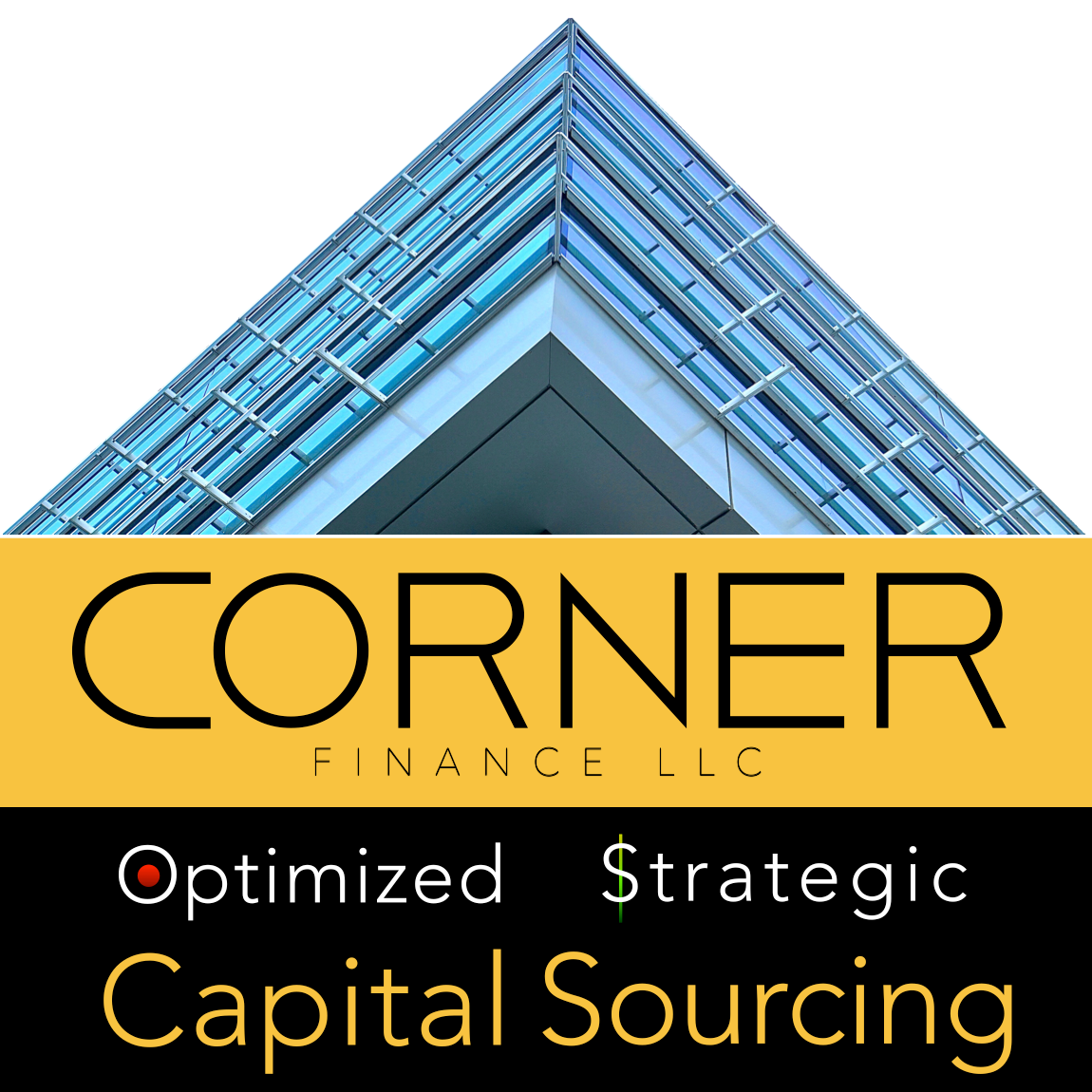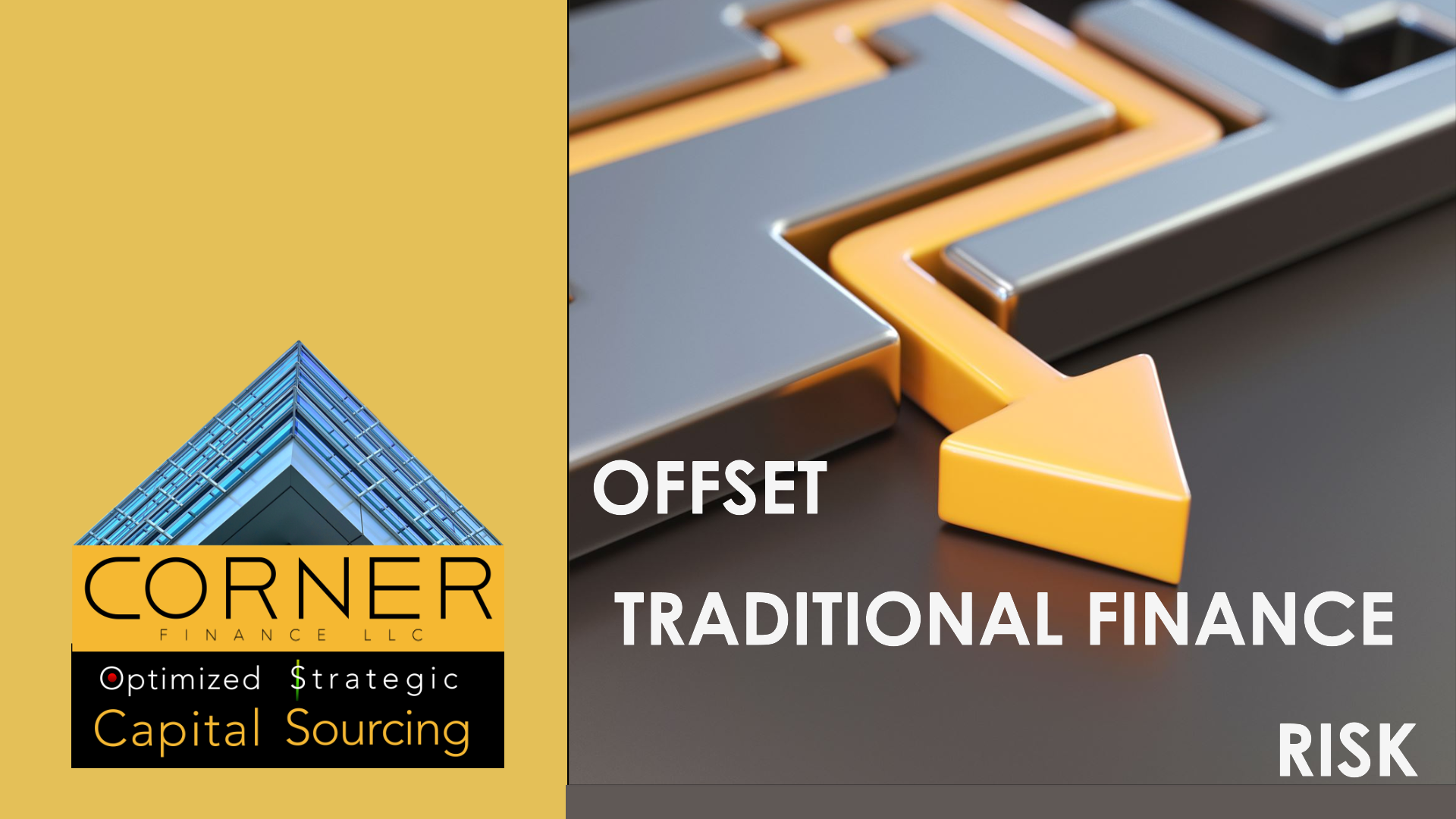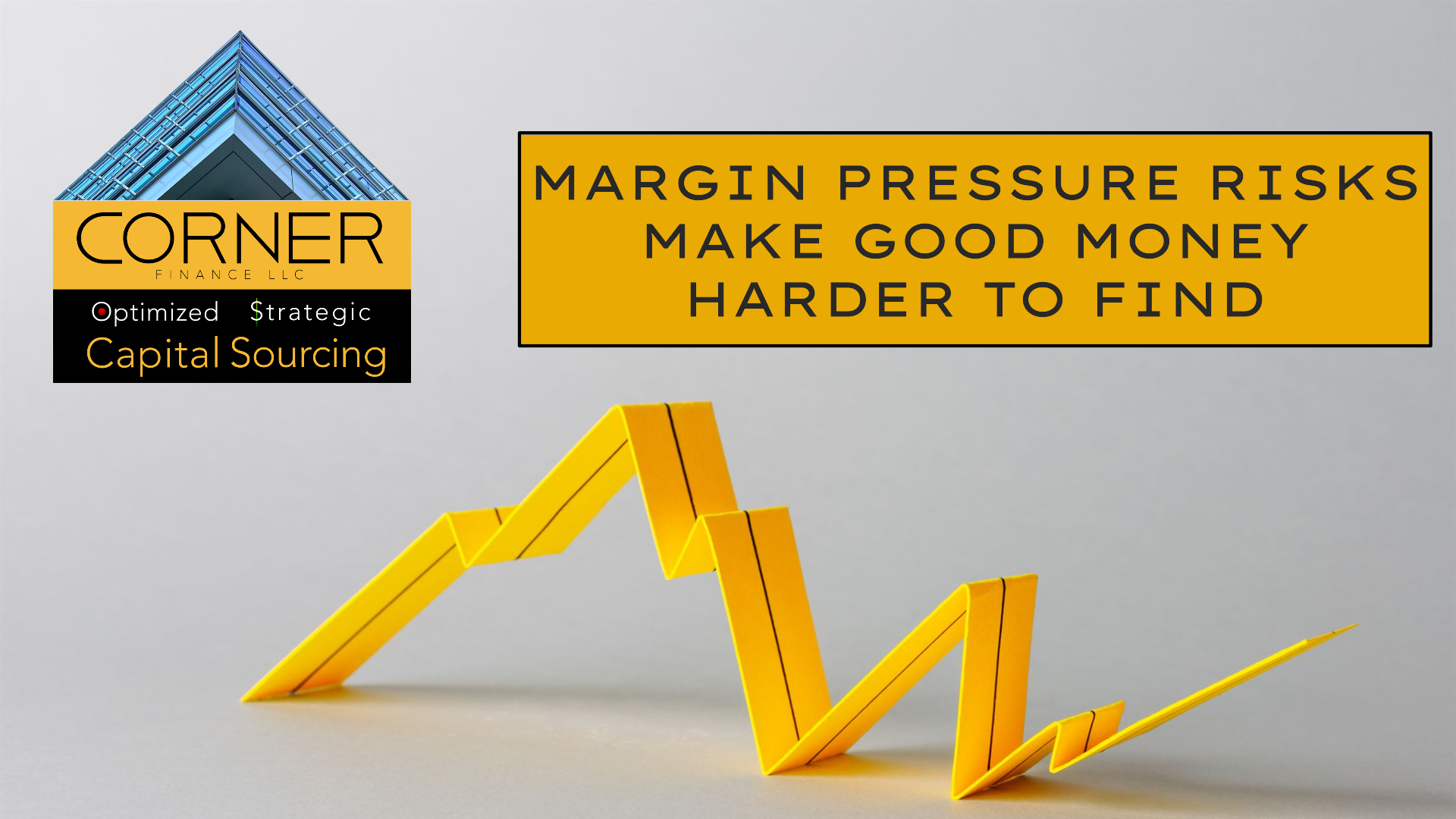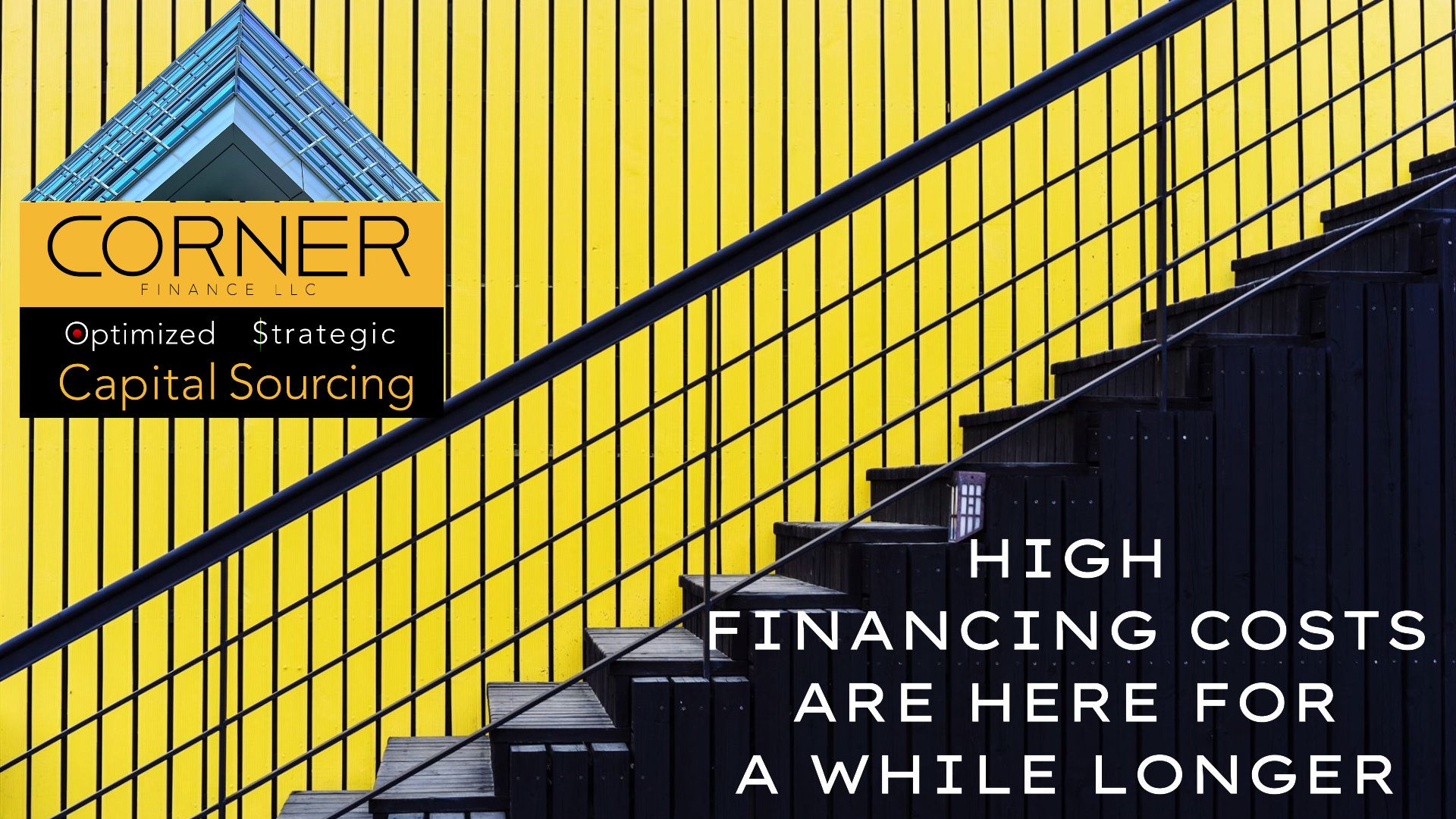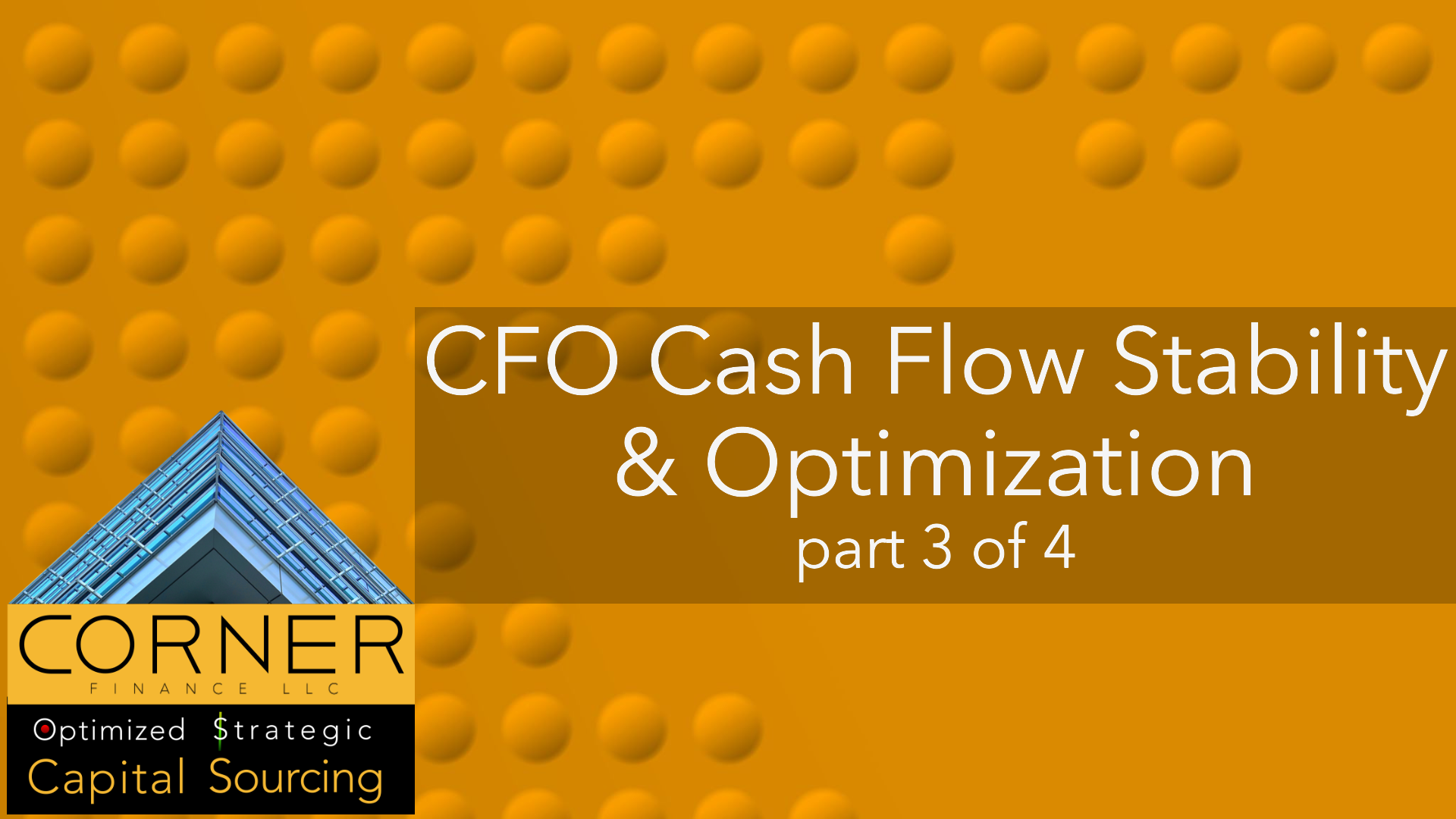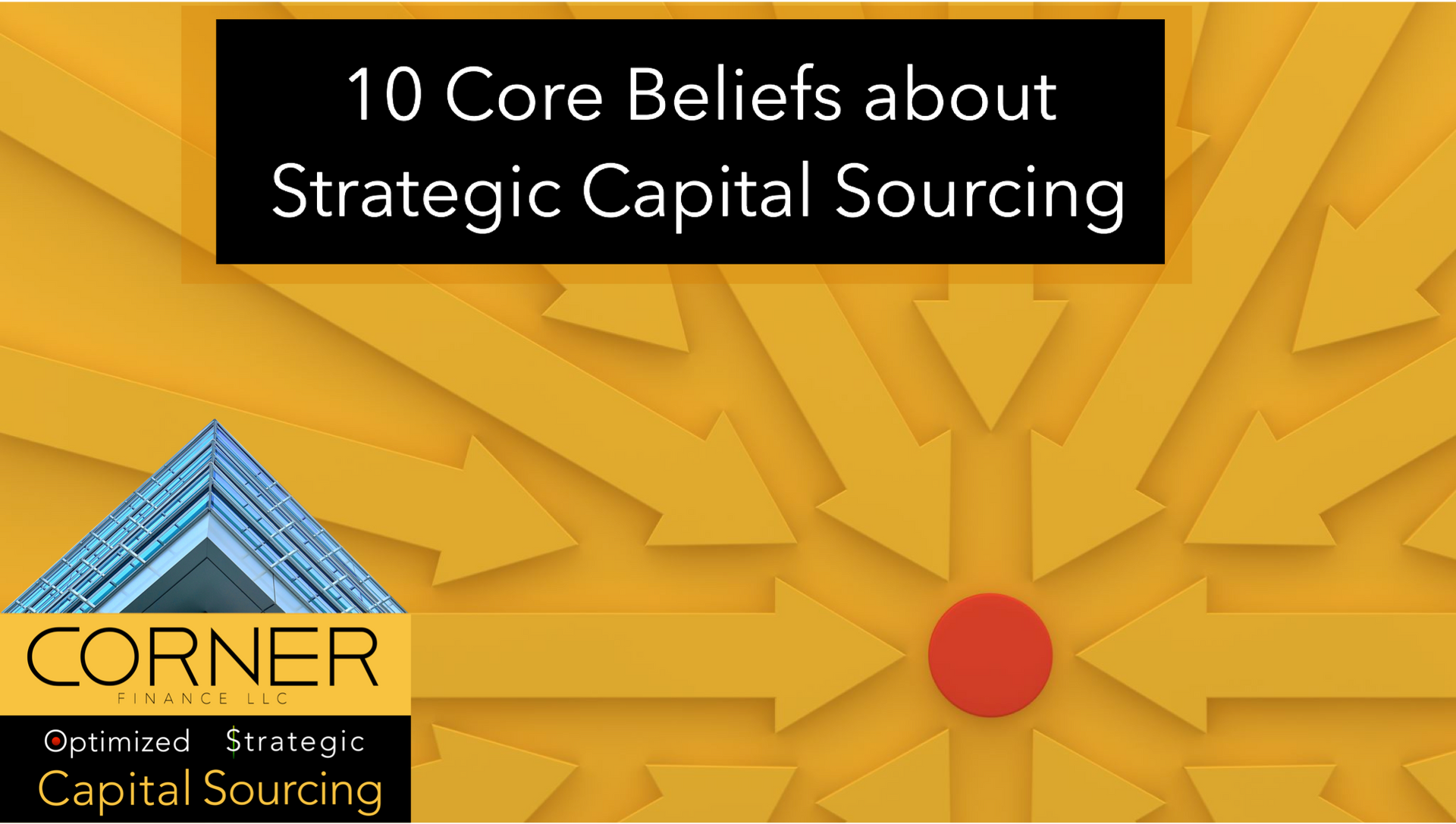DEBT VS EQUITY
Which tool should you use to grow your company?

ADVANTAGES OF DEBT
Raising debt capital is less complicated than convincing an investor into tying money for a long-term. Because the lender does not have a claim to equity in the business, debt does not dilute the owner's ownership interest in the company. A lender is entitled only to repayment of the agreed-upon principal of the loan plus interest, and has no direct claim on future profits of the business. If the company is successful, the owners keep a larger portion of the rewards than they would if they had sold stock in the company to investors in order to finance the growth. Principal and interest obligations are known amounts which can be forecasted and planned for. Interest on the debt can be deducted on the company's tax return (in some countries), lowering the actual cost of the loan to the company. The company is not required to provide periodic, long-term, reports to a company share-holder.
DISADVANTAGES OF DEBT
Unlike equity, debt must at some point be repaid. Interest is a fixed cost which raises the company's break-even point. High interest costs during difficult financial periods can increase the risk of insolvency. Companies that are too highly leveraged (having large debt as compared to equity) often find it difficult to grow because of the high cost of servicing the debt. Most loans are not repayable in variable amounts so cash flow for payments must be budgeted carefully to match business cycles of the company. Though somewhat negotiable with finance companies and not so much with banks, debt instruments often contain restrictions on the company's activities, preventing management from pursuing alternative financing options and non-core business opportunities. The larger a company's debt-equity ratio, the more risky the company is considered by lenders and investors. Accordingly, a business is limited as to the amount of debt it can carry. The company is usually required to pledge assets of the company to the lender as collateral, and owners of the company are in some cases required to personally guarantee repayment of the loan.
Source: https://smallbusiness.findlaw.com/business-finances/debt-vs-equity-advantages-and-disadvantages.html
"Equity" involves raising money by selling interests in the company, while Debt" involves borrowing money to be repaid, plus interest. Essentially you will have to decide whether you want to pay back a loan or give shareholders stock in your company.
ADVANTAGES OF EQUITY
The biggest advantage of equity financing is that the investor assumes the risk with you. If your business fails, you don't have to pay the money back. Without loans to pay back, you'll have more cash available to reinvest in your company. Your company could grow faster than it would if it were saddled with debt. A deal with a well-connected venture capitalist or angel investor often comes with other benefits, such as access to key business contacts and know-how.
DISADVANTAGES OF EQUITY
You must share ownership and control of your company with your investors. You'll have to share your company's profits with the investors. You won't have all the freedom to make decisions regarding your business without the investors' approval. You may not agree with the way they want to run your company. The only way to regain full control of your company is to buy out your investors, which will probably require you to pay them more than they originally gave you. It takes a lot of time and effort to find the right investors for your company. Ideally, you should choose investors who share your business vision and goals and with whom you get along. Raising equity capital is more complex than getting a loan. It requires compliance with numerous federal and state securities laws and regulations. You'll have to issue periodic reports to shareholders and schedule periodic meetings with them, which could add significantly to your overhead costs.
Source: https://www.wealthforge.com/insights/equity-vs-debt-financing-pros-and-cons


